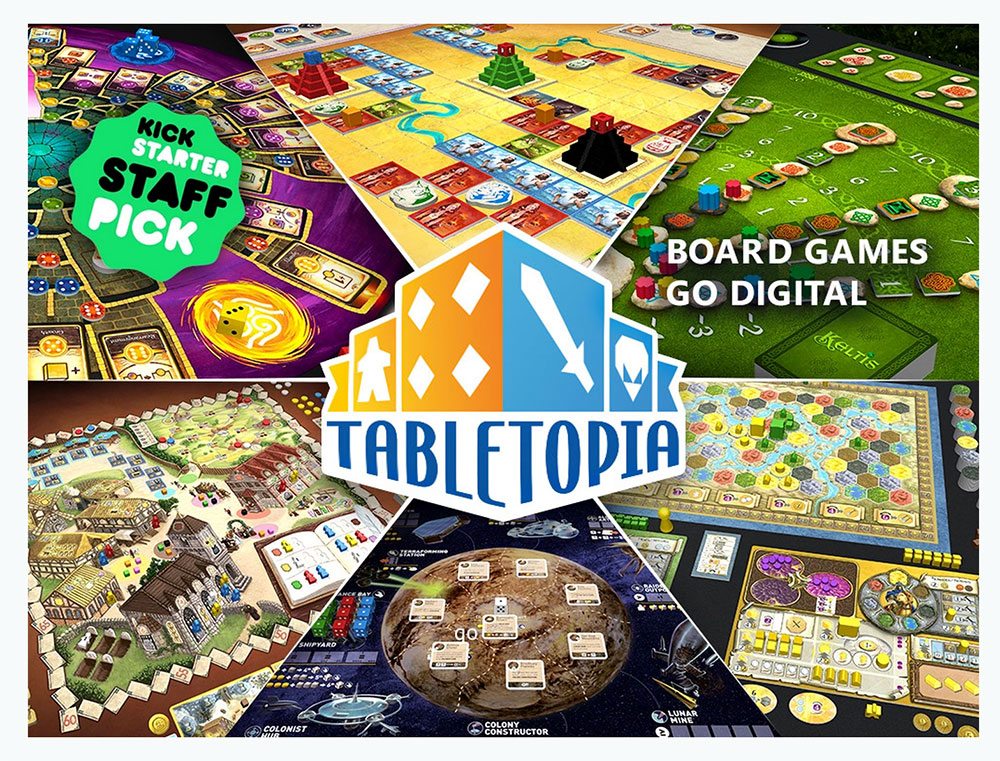

Image: John Booth
Growing up, while I was never quite the Rubik’s Cube Jedi that I wanted to be, I always had a thing for that puzzle and the sorts it inspired. I was also raised in a house where the day I could finally hold my own against mom and dad in Scrabble felt almost as monumental as getting my learner’s driving permit.
So you can imagine the chords of memory struck when I saw the Scruble Cube, released this month by RSV Productions.
It’s pretty much just what it looks like: Scrabble, if it were scattered across the surface of a Rubik’s Revenge. The goal is to build words from those 7.4 x 1045 possible cube permutations, with scoring based on the letters used and the effective use of “premium peg” multipliers. (Here’s a short demo video.) You can build a word from scratch with each turn, branch a new word from an existing one for additional points, or earn bonuses for words consisting of six letters or more or for touching three sides of the cube.
There’s also a 90-second timer included to really keep things moving if you want.
Upon receiving Scruble for review – it retails for $24.95 – I got a lot of solo enjoyment out of the game for awhile, keeping it on my computer desk for regular quick-fixes of word building and setting my sights on higher scores and longer words. If my wife and daughter wanted to watch something on TV that I wasn’t particularly interested in, I grabbed Scruble and puzzled over it in the family room. And I could easily see myself taking this along for a vacation or travel distraction.
It was tougher for me to find someone to play against, though: While my wife and I like playing Scrabble and our daughter is generally open to trying new family games, Scruble’s mechanical puzzle aspect really turned both of them off: Even with all those letters and possible combinations, the cube can present an intimidating jumble if you’re not a fan of this sort of thing and don’t have a bit of rudimentary cube mechanical knowledge.
Fortunately, my brother – always up for some good sibling competition – volunteered for head-to-head playtesting.
We put the timer into play, and also decided on Scruble’s play option #2, in which all the premium peg multipliers can be used as “wild cards,” so long as you don’t use more than two in a word or use them next to each other.
We learned quickly that in the all-premiums-wild game, the multipliers made for some high scoring with even the shortest allowable words: In our ten-turn contest, I managed to spell “YES” for an eighth-round 117-pointer which utterly buried my brother’s hard-fought seven-point lead. Even “IVY” – spelled easily with no wilds, since there’s a side piece with I and V on it – can net a quick 66 points, bracketed by a quadruple letter score and a triple word score.
Point being that especially if you’re using option #2, the game’s recommended 100-point goal can be eclipsed pretty easily within just a few turns, so you’d be better served by a predetermined number of rounds.
We also discovered that it’s very easy to spend far too many of your precious 90 seconds on a word only to realize that you’re never going to be able to get that last letter in place simply because it’s not possible.
Unlike Scrabble, if you branch a new word off an existing word, you get the score from the first in addition to your own, though any multipliers affecting the first word aren’t calculated again. Honestly, we didn’t even try the branching approach a single time, only because with the power of the multipliers, it was hardly worth trying for the handful of extra points, given the short window of time and the trouble of trying to keep one word intact while shifting another into place.
These high-scoring short words, while keeping Scruble competitive, of course, also perfectly illustrate the question of the cube’s long-term group playability.
See, every time you pick up Scruble, you’ve got the very same batch of letters on the cube, and while yes, there are many, many combinations, the construct of the cube and letter arrangement is a constant: The corner pieces, the side pieces, and the quartet in each cube face’s center will never be moved from those roles. So in much the same way that you could pick up a Rubik’s Cube and “solve” a particular color side, a Scruble player with a memory can pick up the game and immediately go for that easily-reconstructed “IVY,” for instance. Or you could save that blistering “YES” for a late-game knockout. Sure, there’s the option of increasing the minimum word length to four letters, which would make it harder to find those quick-build scores, but it doesn’t change the fact that once you’ve created a 40-point “GEEK,” you know you’ll be able to do it again.
I’m sure that with a few house rules – maybe limiting words to one use per game, for instance – we’ll get some more competitive play out of Scruble. My gut feeling, though, is that in the long run, Scruble is probably better suited for solo play – and that’s not necessarily a bad thing – or even one-on-one competitive matches where each player has their own cube and they try for high scores against a common clock.
Wired: Great for solo mental exercise. Mess with it long enough, and you’ll see the cube twisting and words forming when you shut your eyes, just like you used to get with Tetris.
Tired: Possibility for memorizing high-scoring words gives experienced players a huge advantage.
Disclosure: RSV Productions provided GeekDad with a Scruble Cube for this review.

